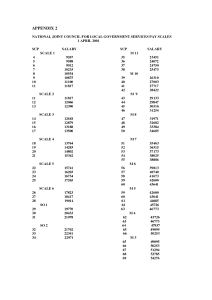The question for managers to answer
“What do you want your people to do?”.
That’s the question I often ask when I’m helping managers with their accountability to lead their people (not optional by the way):
I usually get pretty good answers of the activity variety – the various things that solid employees would be seen doing as they go about their work. Things like “liaise with customers, build relationships, deliver sales, plan projects”, and the old chestnuts of “deliver a framework” or “develop a strategy”. Which is why I then ask this question:
“And if they do a fantastic job, what does the company get?”. Read more…







